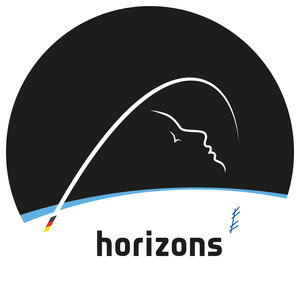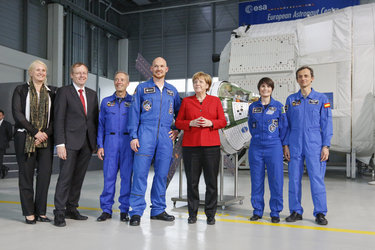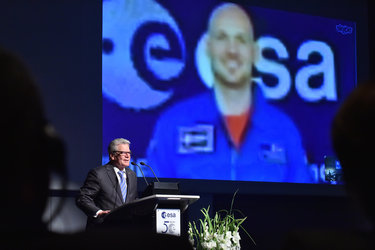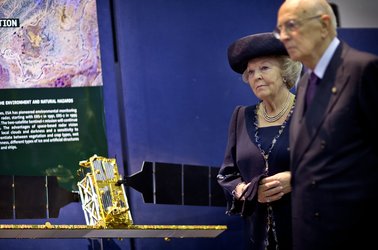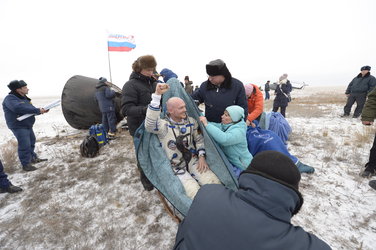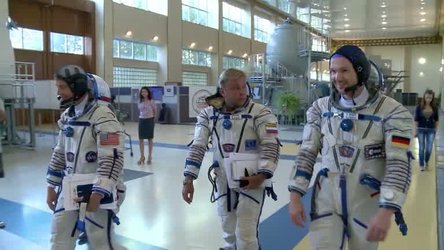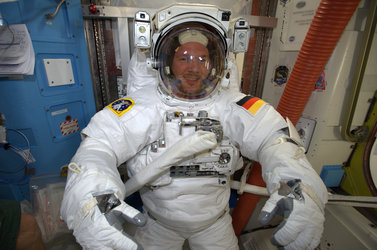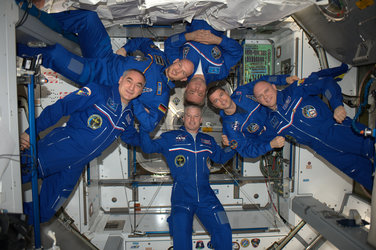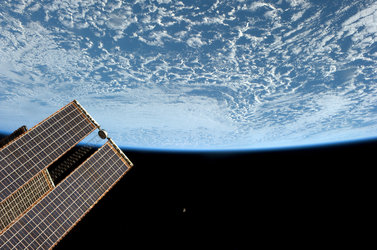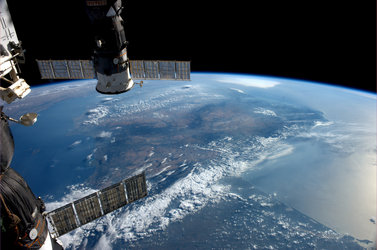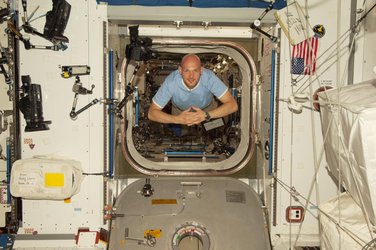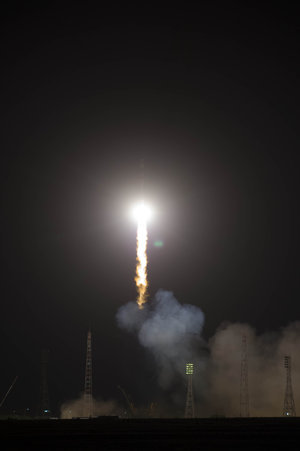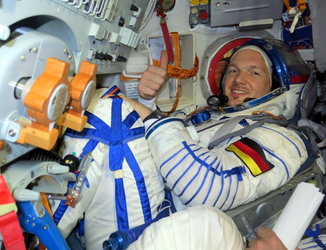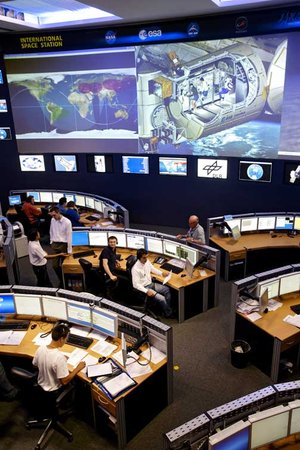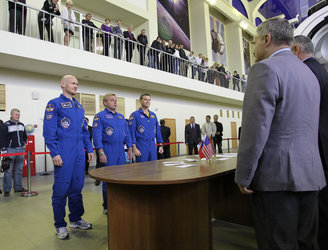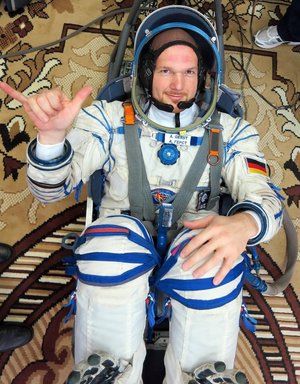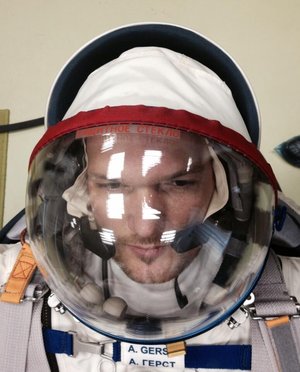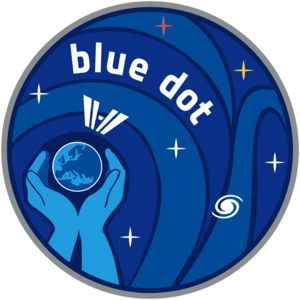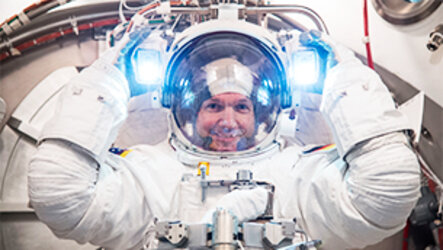Alexander’s space clinic
They are skills everyone hopes an astronaut never has to use but they are vital for the International Space Station, where no ambulance can reach. ESA astronaut Alexander Gerst recently boosted his medical skills in a busy hospital setting.
Astronauts spend up to six months on the Space Station working on scientific experiments and maintaining the orbital outpost. They need to be able to handle any emergency – after all, hundreds of kilometres and a hard journey separate them from the nearest hospital.
At least two Crew Medical Officers are assigned to each mission and these astronauts are taught basic medical procedures, from stitching wounds to filling teeth.

Alexander will fly to the Station in 2014 and has already trained to be a Crew Medical Officer. To bolster his expertise, he was sent to the nearby Uniklinik hospital to observe some real-life medical cases – cases he hopes never to see for real during his mission.
This three-day medical course was purpose-built in close cooperation between the European Astronaut Centre in Cologne and the Uniklinik Köln.
Much more than a simulation
Alexander practised through highly realistic simulations. A mannequin that is used to train hospital anaesthetists is so lifelike that it blinks, breathes and responds to injections.
He also used the hospital’s equipment to practise inserting urinary catheters and putting in an intravenous line.
After the classroom training, Alexander spent three days at the hospital, in operating theatres, the emergency department and the intensive care unit. He was shown a wide range of important clinical procedures, including monitoring a patient’s vital signs.

“This course gives real-life context to the astronaut’s medical training and builds their confidence and experience in dealing with medical problems,” explained Ben Douglas, course organiser and flight surgeon.
“The course was a very useful experience,” Alexander noted. “Seeing typical injuries on real patients gave me a much more realistic view of what we might have to deal with in space.”
Of course, medical procedures are different in space – floating needles are a serious hazard, for example. Preparation is key and ESA is making sure Alexander is as well prepared as possible.















 Germany
Germany
 Austria
Austria
 Belgium
Belgium
 Denmark
Denmark
 Spain
Spain
 Estonia
Estonia
 Finland
Finland
 France
France
 Greece
Greece
 Hungary
Hungary
 Ireland
Ireland
 Italy
Italy
 Luxembourg
Luxembourg
 Norway
Norway
 The Netherlands
The Netherlands
 Poland
Poland
 Portugal
Portugal
 Czechia
Czechia
 Romania
Romania
 United Kingdom
United Kingdom
 Slovenia
Slovenia
 Sweden
Sweden
 Switzerland
Switzerland


























